Teen Parliament 2025 tackle the big issues in SA at Parliament House
Young South Australians with big ambitions converged on Parliament House to tackle the big issues in SA in Parliament House for Teen Parliament 2025.
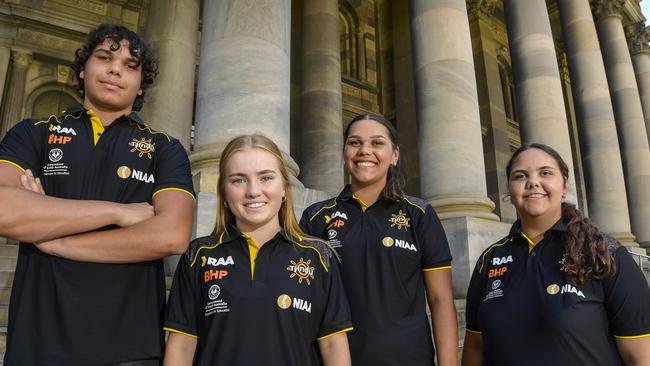
SA News
Don't miss out on the headlines from SA News. Followed categories will be added to My News.
Teenagers tackled the big issues in South Australia as they took the places of the state’s politicians in Parliament House.
Teenagers tackled the big issues in South Australia as they took the places of the state’s politicians in Parliament House.
The students’ discussions in Teen Parliament 2025 mirrored debate playing out in South Australian and national politics, covering topics such as speed limits, nuclear power and drug rehabilitation.
All of the 30 students were commended by Premier Peter Malinauskas and other state politicians present at the event on Friday.
As Mr Malinauskas addressed the teens, he told them to “encourage your peers to care about the world as much as you do”.
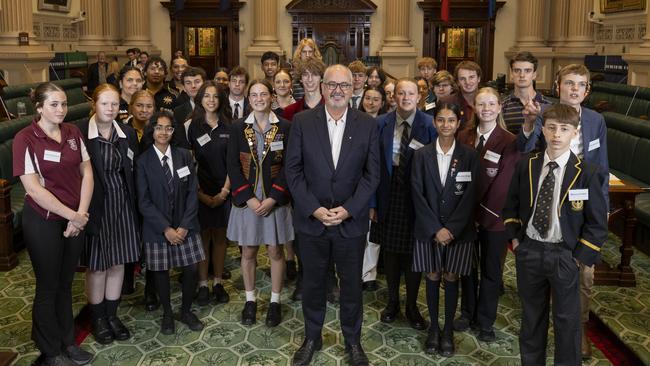
Speaker of the House of Assembly Leon Bignell ran the session and said the teens’ messages will be heard “loud and clear as a parliament and ideas hopefully we can take on and implement in some way”.
Tourism Minister Zoe Bettison and Child Protection Minister Katrine Hildyard were also present to hear their impassioned pleas for change.
The Advertiser editor Gemma Jones said the students’ ideas were inspirational.
“Who knows, maybe some of you will be back here one day, passing laws to make your ideas reality,” she said.
Indigenous teen Tali Pipe began proceedings by giving an acknowledgement of country.
St Ignatius’ College year 12 student Noah Calo passionately rallied against reduced 40km/h speed limits in his speech.
He called for a full review of 40km/h zones across South Australia.
“While safety is a priority, these restrictions are inconsistent, excessive and poorly justified,” the 17-year-old said.
“Instead of improving road conditions, they frustrate responsible drivers and undermine respect for road laws.”
In decades past, roads had “struck a balance between safety and efficiency” with 50 or 60km/h limits but in recent years, councils had proposed “widespread reductions without clear evidence of necessity”, he argued.
The student said inconsistent speed zones, which caught drivers off-guard, amounted to revenue raising.
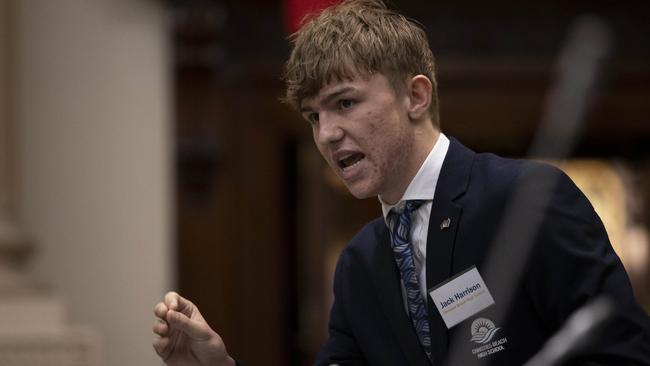
“The real danger isn’t responsible drivers doing the limit, it’s reckless drivers who disregard limits altogether,” Noah said.
“Speed limits should be based on clear data, not arbitrary council decisions.”
Neharika Singh, 18, of Roma Mitchell Secondary College, said she and many other teenagers were falling into unrealistic beauty standards because of endless social media scrolling.
To fight technology with technology, she proposed Unfiltered SA, an “immersive, real-time, reality check” campaign that seeks to crack the “digital illusion” of social media.
The centrepiece is a Truth Scanner app that automatically detects and reverses AI filters on images and videos, but Neharika also wanted to see digital billboards in public spaces showing real and edited images side-by-side.
“Why does this matter? Because right now, social media is stealing our self-worth,” she said.
“Because 88 per cent of young Australians edit their photos before posting them online; because teenagers spend an average of 5.5 hours a day being bombarded with digital illusions that tell them they are not enough; because we are raising a generation more anxious, more insecure and more disconnected with reality than ever before.”
The most heated point of debate during the day’s proceedings was nuclear power.
Streaky Bay Area School year 12 student Kyle Feltus advocated for a nuclear solution to Australia’s energy future.
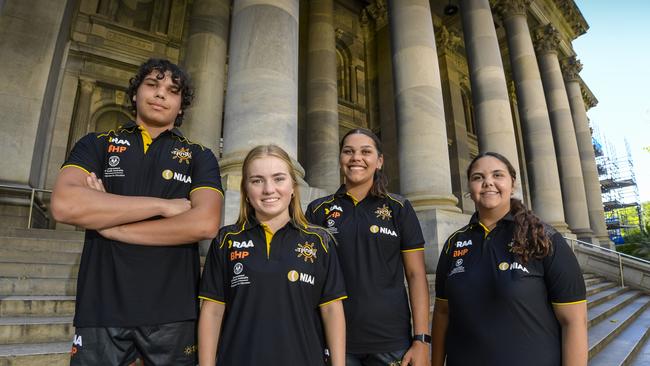
“How can such a successful nation be this far behind?” he said.
“Australia is well-placed to embrace nuclear power as we have the most uranium.”
The 17-year-old student cited high power prices as the catalyst for desperately needed change and said other renewable energy solutions were not an option.
“Do you want to turn off your airconditioning on a 40 degree day because renewable energy sources can’t meet demand?” Kyle said.
Economic prosperity and job growth would come to regional areas such as Port Augusta with nuclear energy projects in the state under the student’s plan.
But year 10 student Nathan Alberton, from St Columba College, issued a firm rebuke of the idea.
“The simple fact of the matter is we cannot support nuclear energy, it is not a good thing for Australia,” Nathan, 15, said.
Scotch College student Amy Wallace, 17, urged the state government to standardise the use of artificial intelligence in classrooms.
According to the year 12 student, who is co-authoring a book on the emerging technology, the inconsistent rules on AI use across different schools has “left students unprepared for the future”, with some allowing limited access and others banning it outright.
The solution, according to Amy, is to bring students into the conversation about how they want to use AI.
“AI is not a threat, it is a tool, and like any tool, its impact is based on how we use it, which in turn depends on equitable access to the technology and education about how to use it,” she said.
In his speech, Zachary McNeill, 14, drew on his experience of losing a family member to drugs to imagine a better way of rehabilitation.
The Charles Campbell College year 10 student said there was “too much focus is put on locking people away rather than helping our fellow humans out”, pointing to the astronomical cost of some rehab programs – anywhere from $15k-$100k.
Zachary said he would like to see a government-assisted mentoring program for youths, in order to “improve positive connections and socialising outside of school, as a way to reduce the risk of young people turning to drugs”.
“My dream is to see a future in which people suffering from addiction are able to get the proper help and support that they need to rebuild their lives, and to ensure that no one has to suffer through what I did,” Zachary said.
Meet Teen Parliament 2025
Teenager Tali Pipe is passionate about giving Indigenous young people opportunities so they can reach their potential.
The 16-year-old Indigenous student with the Tjindu Foundation believes through sharing cultural knowledge, the youth will have a brighter future.
Tali is among 30 students who will propose changes to South Australia and advocate passionately to create a brighter future for the state.
State politicians including Premier Peter Malinauskas will be present to listen to the students’ speeches and debate.
Following the event, 10 students will each receive a $10,000 scholarship.
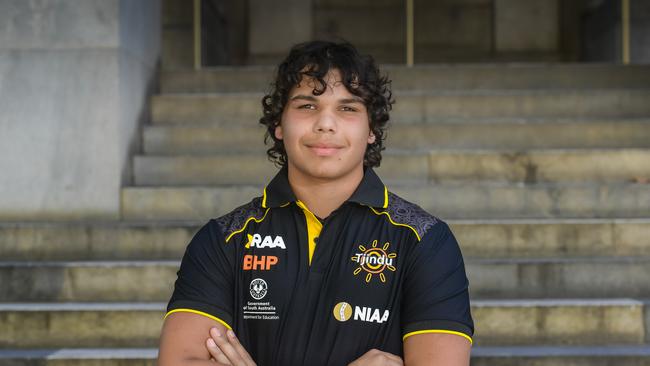
As a child, Tali, from Freeling, was encouraged to take opportunities available to him with art, sport and music.
“Growing up I got to be a bit more confident but a lot of the Aboriginal kids in the area don’t have opportunities,” he said.
Tali plays the didgeridoo and creates Indigenous art.
He would busk with his brother in Freeling, where locals “would come past and give us a dollar or so”.
The teen also created paintings depicting landscapes which have been displayed at the Freeling Hotel.
“It’s calming and I can express myself and my culture,” he said.
He will deliver the welcome to country at Teen parliament.
Ahead of the event, he was confident.
“I’m not nervous, it doesn’t bother me much as it’s only words,” he said.
The student hopes to pursue a career in sport or Indigenous community work.
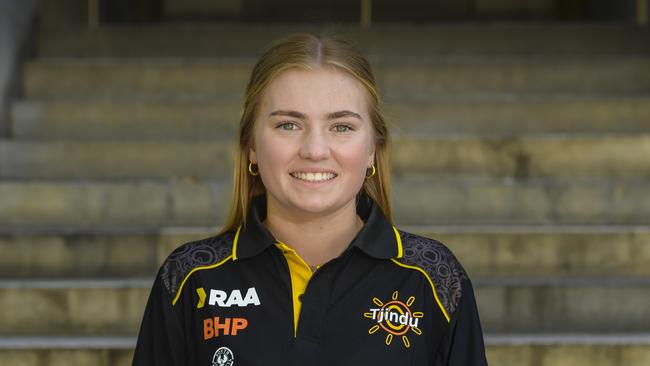
Fellow Tjindu Foundation student Klara Harrison, 16, wants Indigenous students to have support to transition into life after high school.
“You don’t get the support to figure out how you get to where you need to go,” the teen said.
“Our mob are the most overrepresented in the unemployment rate.”
She wants programs specifically targeted at Indigenous students to “get that exposure to different pathways”.
“Most don’t have much idea of what they want to do,” Klara said.
The student wants to be a cardiothoracic surgeon as her father’s side of her family “had a lot of heart issues”.
“I want to know how these issues can be prevented,” she said.
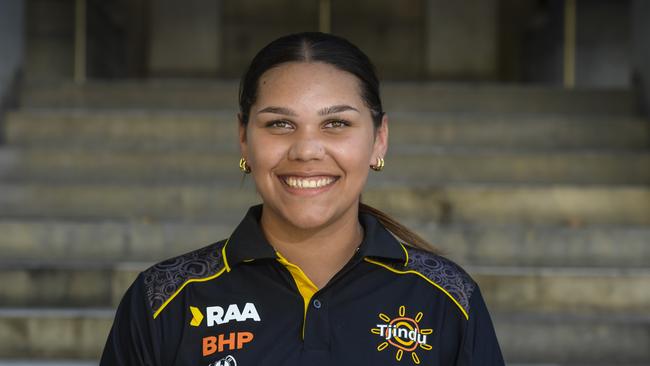
Kelis Jackson-Martin, 17, wants bridging scholarships for rural and regional Indigenous students to stay in Adelaide between finishing high school and starting tertiary education.
The year 11 student is boarding at Sacred Heart College from Port Augusta and is thinking about her future.
“If I go back I would lose a lot of motivation to go back to the city,” the teen said.
“As soon as we finish school we’ve got nothing.”
Kelis admitted that if she had not left Port Augusta, she may not have finished high school.
The Tjindu Foundation currently supports students to stay in Adelaide by linking them to employers and internships.
“Now I don’t have any plans of going home,” she said.
The keen footy player hopes to either pursue a career in elite sport or become a police officer.
“Coming from Port Augusta, there’s not much Aboriginal representation in the police force,” Kelis said.
“I want to be a support for young Aboriginal people.
“I want to be a role model.”
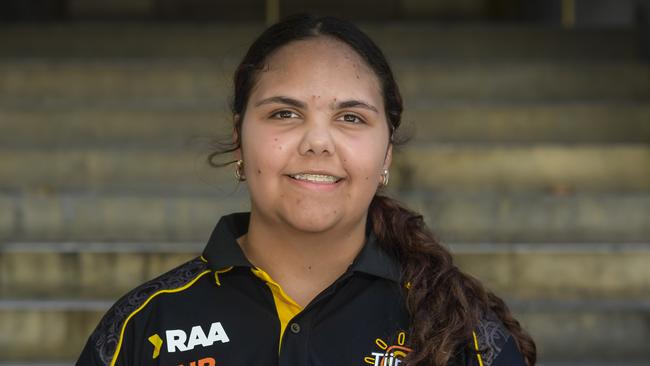
Indianna Probert also wants more educational opportunities for Indigenous children.
There needs to be more scholarships and they must be advertised more clearly, the 15-year-old said.
“People need to know that these opportunities are out there,” Indianna said.
“There are people who can’t afford to go to school and it impacts their future and they may fall down the wrong path.”
The teen, who wants to be a sports journalist, said she was “a bit nervous” ahead of speaking in parliament.
“But it’s a really great opportunity to have and it will make me feel heard,” Indianna said.
Meet our Teen Parliamentarians
Jack Harrison, 15
Christies Beach High School, year 11
Jack wants to reform the child protection system.
It is an issue which affects him personally as he has younger siblings in care.
“A high demand for child protection services is a sign of failure to provide appropriate support before children and families reach crisis point,” he says.
He wants to allocate more money to the Child Protection Department to hire more caseworkers and invest in mental health and domestic violence supports along with a slew of reforms.
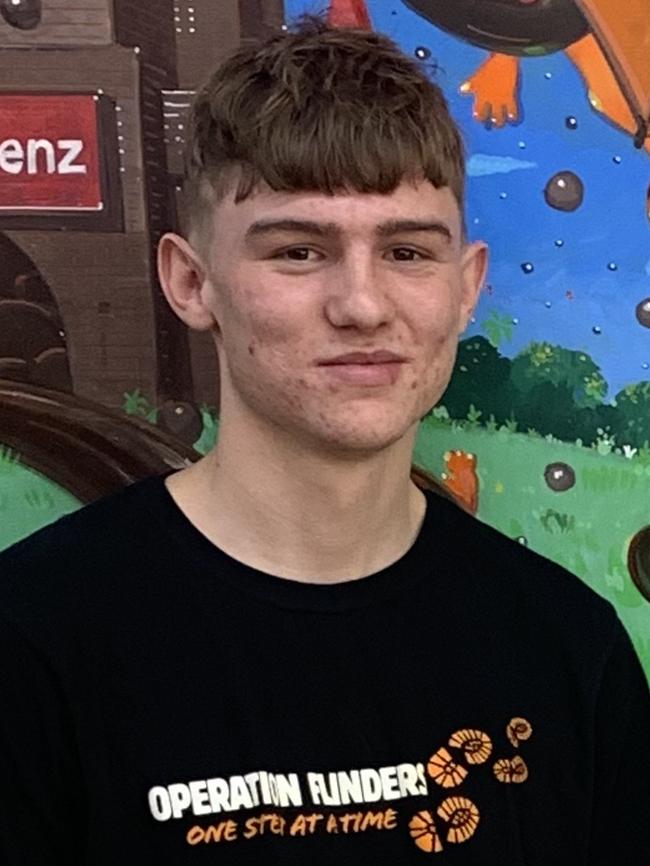
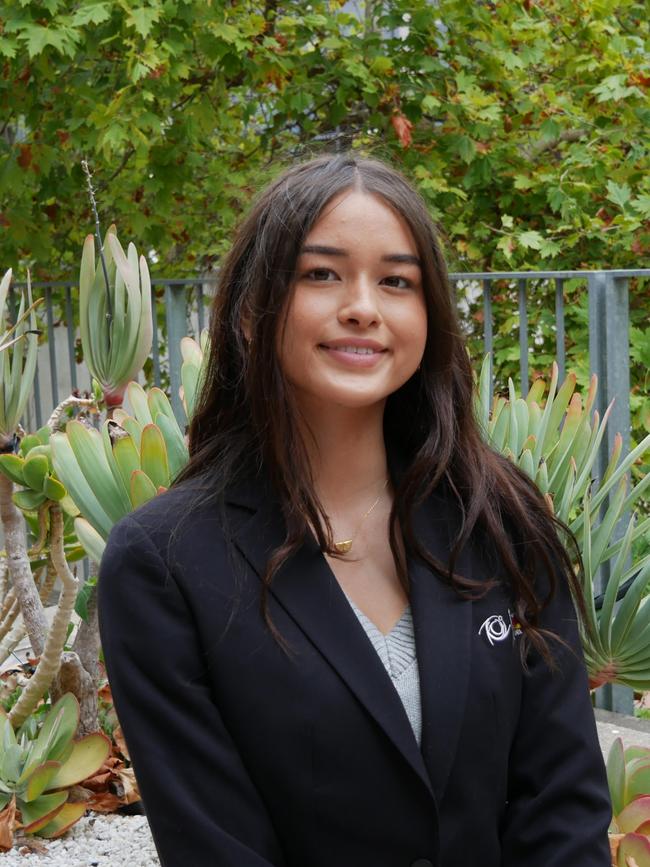
Hana van Wyk, 16
Australian Science and Mathematics School, year 11
Hana is advocating for a data centre to be build in South Australia to cater for the growing world of technology and AI.
“The energy available in South Australia, combined with the easy access to water (for cooling) … make it an ideal location,” the teen says.
The state “also offers vast remote areas and the land is also immune from tsunamis, snowstorms and far from international threats”.
Zachary McNeill, 14
Charles Campbell College, year 10
More money should be poured into the budget for drug rehab, Zachary says.
“If you were to walk around South Australia, you would see all sorts of people succumbing to the horrible affects of drugs, people who once had lives and families and could have had a future,” he says.
Added funds would be used to build more facilities, fund more workers and make more services available.
“I truly believe that anyone can heal,” Zachary says.
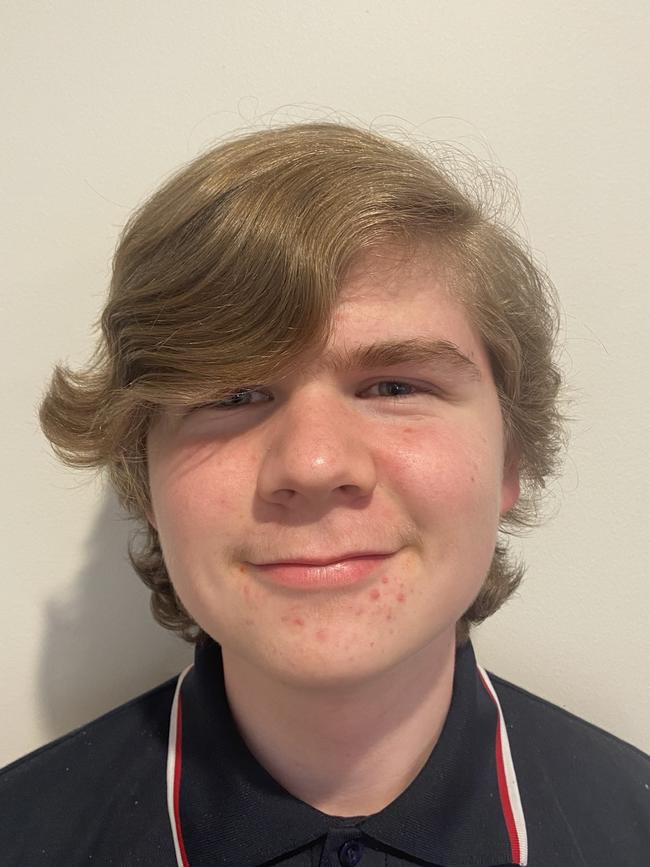
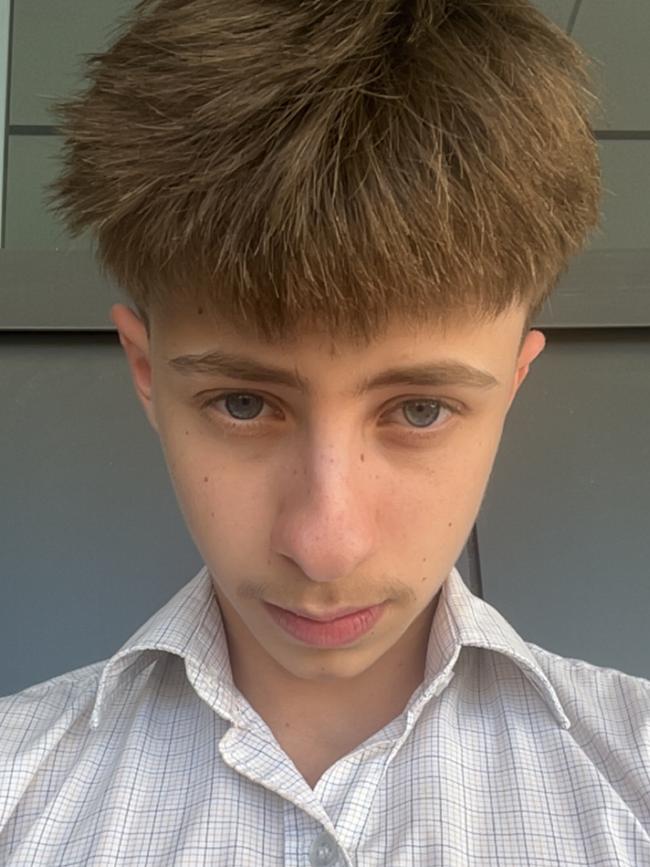
Marco Fratini, 16
Nazareth Catholic College, year 12
Marco is calling for the South Australian government to further crackdown on illegal vapes with harsher penalties and programs in schools.
“Vaping is one of the biggest issues affecting youth today,” he says.
“Young people are still easily obtaining these poisonous batteries through black markets.”
The teen says he sees first hand how common vaping is among his peers.
Awareness programs should focus on the health risks rather than “just scare tactics”.
Haylie Staunton, 15
Nuriootpa High School, year 10
More youth hubs are “essential to strengthening mental health in regional and remote communities”, Haylie says.
Social connections are developed through school, social activities and interest groups, but the Nuriootpa teen argues options are lacking in regional areas.
“Many young people may feel disconnected and lonely, having a negative impact on one’s mental health,” she says.
The student wants continuous funding to build and maintain the hubs to benefit youth.
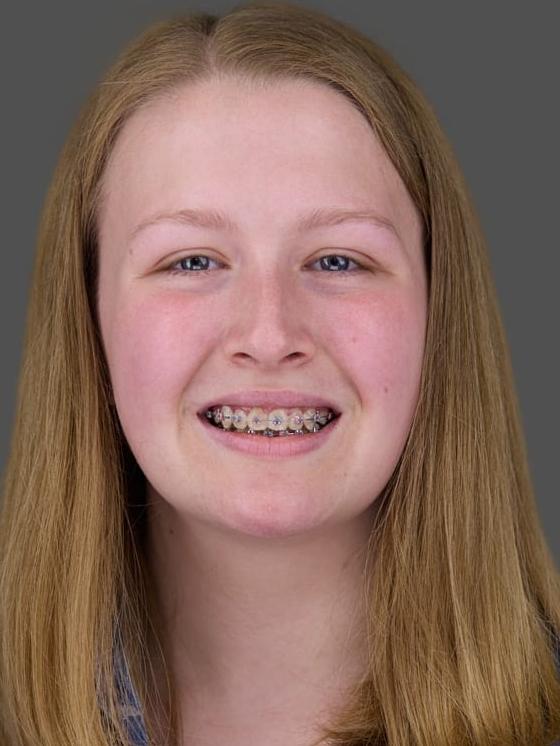
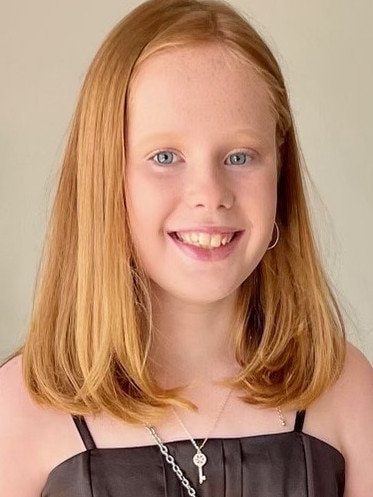
Olivia Murray, 15
Roma Mitchell Secondary College, year 10
Olivia is campaigning for funded grief counselling following the death of her mother.
“I found out a few days into my second term of year 7 and since then, my demeanour changed,” she recalls.
“I became quieter, less social, more scared and filled with anxiety.”
The teen argues grief counselling should be required following the death of a close family member, including a mental health evaluation.
Reuben Purcell, 16
Pembroke School, year 11
South Australia should lift regulations and “let the market decide” on whether the state should adopt nuclear power, Reuben argues.
“Now, with fossil fuels constrained by environmental concerns, it’s time to gather real market evidence rather than rely on speculative analysis,” the teen says.
“If no companies pursue nuclear, it’s clearly unsuitable.”
But if private companies are successful in nuclear endeavours, the government should consider it in their energy mix, Reuben says.
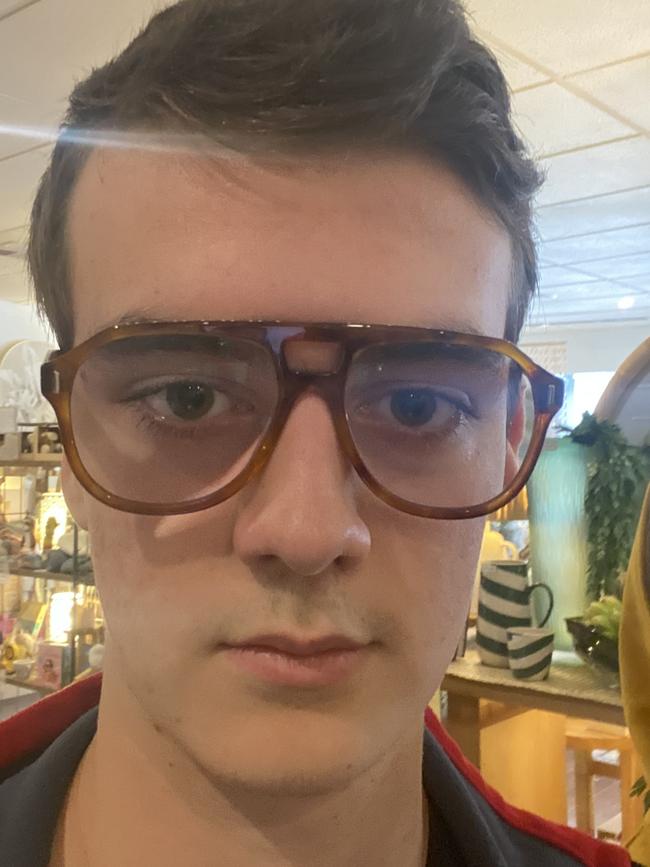
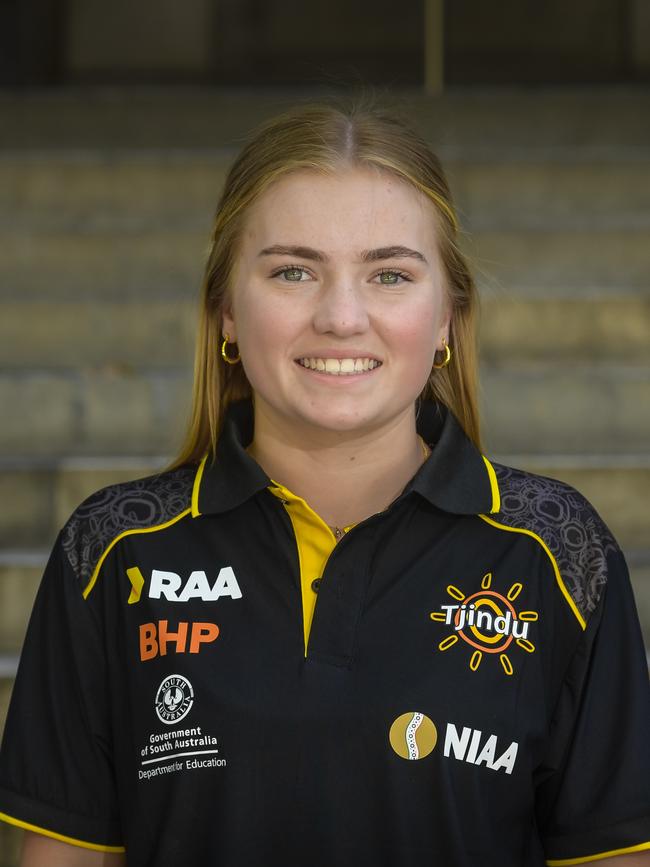
Klara Harrison, 16
Tjindu Foundation, year 11
Indigenous students should be provided support to “envision what they want to do after school”, Klara says.
“Our mob are the most overrepresented in the unemployment rate,” the student says.
“Most kids don’t have much idea of what they want to do.”
The teen, who wants to be a cardiothoracic surgeon, is petitioning for more direction given to Indigenous students, which will help them gain employment after school.
Inyoung Kim, 15
University Senior College, year 11
South Australia needs to move away from traditional ideas of home ownership to solve the housing crisis, Inyoung says.
“With immigration rates peaking and living expenses rising collectively, this modest need has become a challenge,” the teen says.
Building apartments and units is an “urgent need”, Inyoung says.
She experienced unit and apartment living first-hand in South Korea and this idea would “make housing significantly more affordable” if implemented in SA.
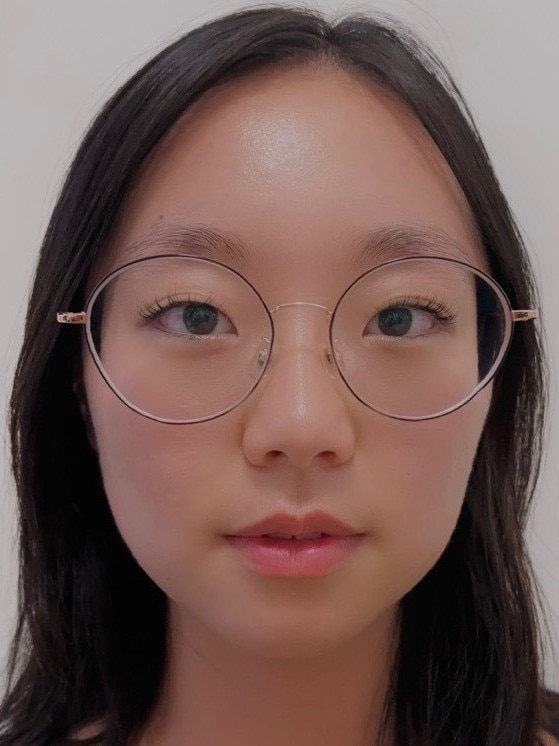
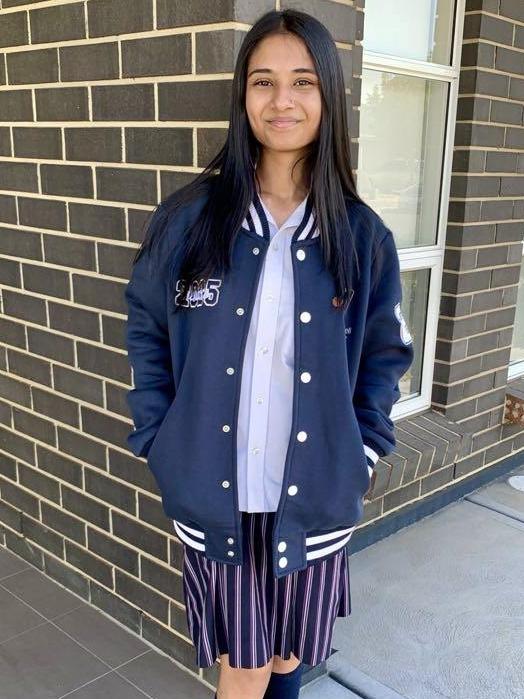
Neharika Singh, 18
Roma Mitchell Secondary College, year 12
Neharika wants to “expose the truth behind social media illusions” with a mental health initiative for young people.
The initiative, Unfiltered SA, would blend augmented reality, AI and interactive experiences to highlight how social media can distort perceptions.
One of the experiences would involve augmented reality mirrors which show real-time side-by-side comparisons of AI-enhanced and unedited faces.
“This tech-driven, immersive approach ensures that mental health education is not just heard, but seen,” Neharika says.
Stephanie Greenwood, 17
Marden Senior College, year 12
South Australia should implement a range of strategies to boost female participation in the Australian Defence Force, Stephanie says.
Targeted media campaigns showcasing the achievements of women currently serving in the ADF are among strategies Stephanie wants to employ.
“By focusing on mentorship, career pathways, community engagement and digital outreach, South Australia can attract more women into defence roles,” Stephanie says.
“This will play an essential role in helping achieve the goals of the 2030 Defence Scheme.”
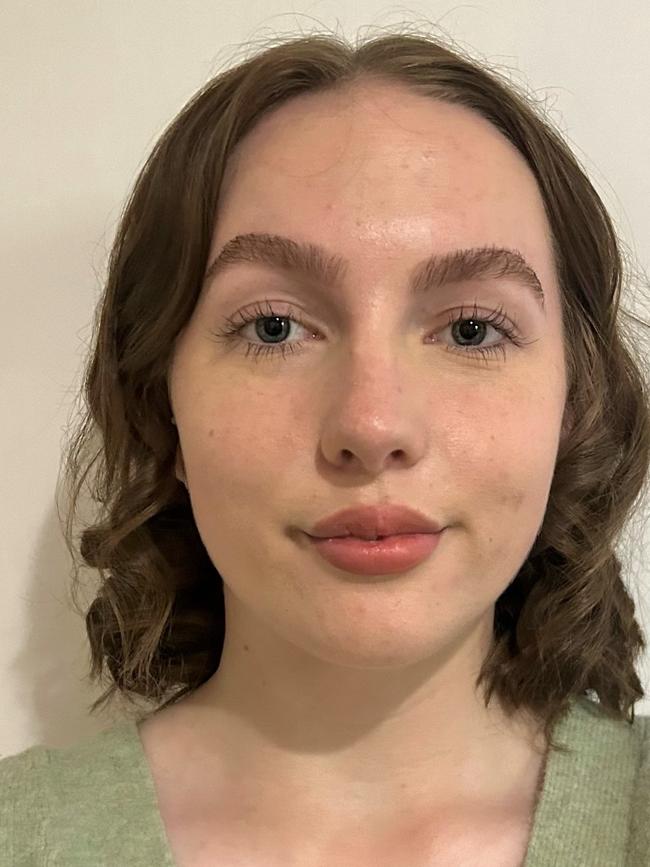
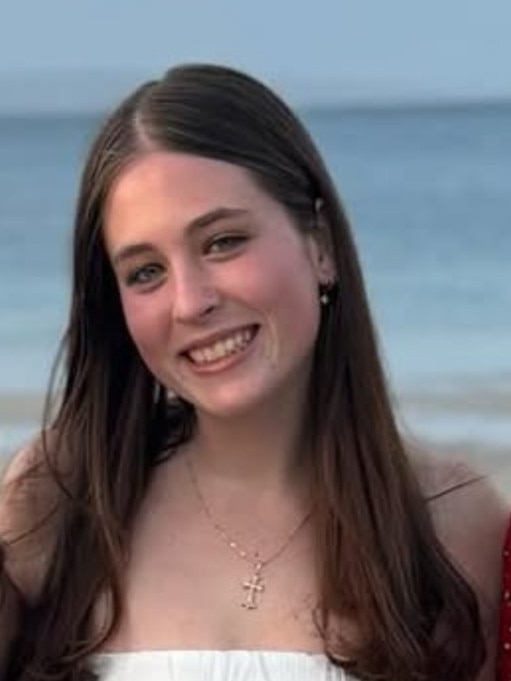
Nikisha Bazukiewicz, 17
Cummins Area School, year 10
Nikisha believes rural and remote South Australia can be a hub for innovation.
“I would like to provide opportunities for young people to work together on projects that create change and aim to provide solutions for issues that are present in rural SA,” Nikisha says.
“I would like to present ideas, test theories and see what can happen when it comes to problem solving, especially with issues such as transport and water shortages.”
Noah Calo, 17
St Ignatius’ College, year 12
Noah believes councils have been “reckless” in implementing reduced speed limits in suburban areas which “have little impact on actual road safety”.
“While safety is important, these restrictions are often inconsistent, excessive and poorly thought out”,” Noah says.
“The inconsistency makes driving confusing, forcing drivers to constantly adjust speed, increasing frustration and noncompliance.”
He described the decreased speed limits as “a prime example of how the government overreaches and disrupts people’s daily lives for little reason”.
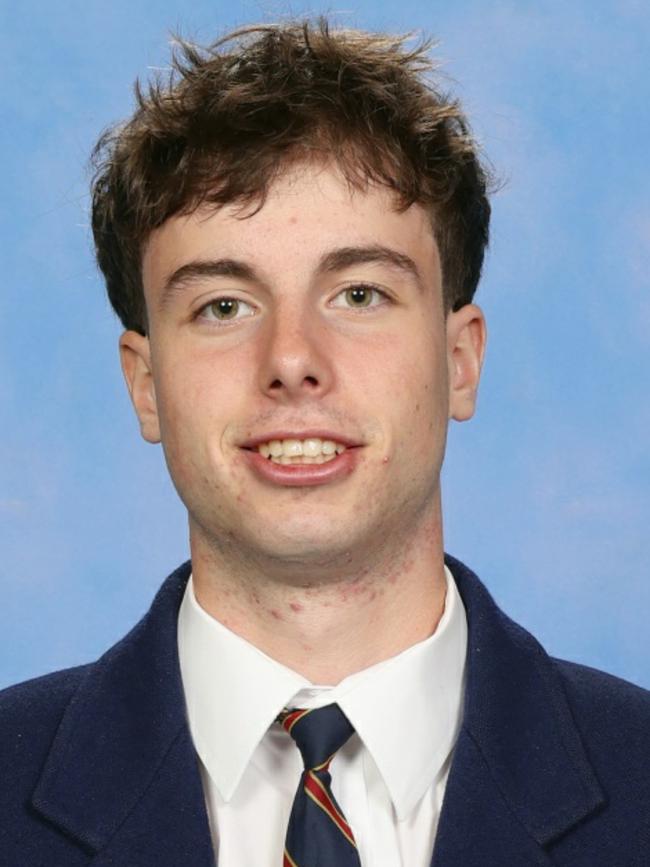
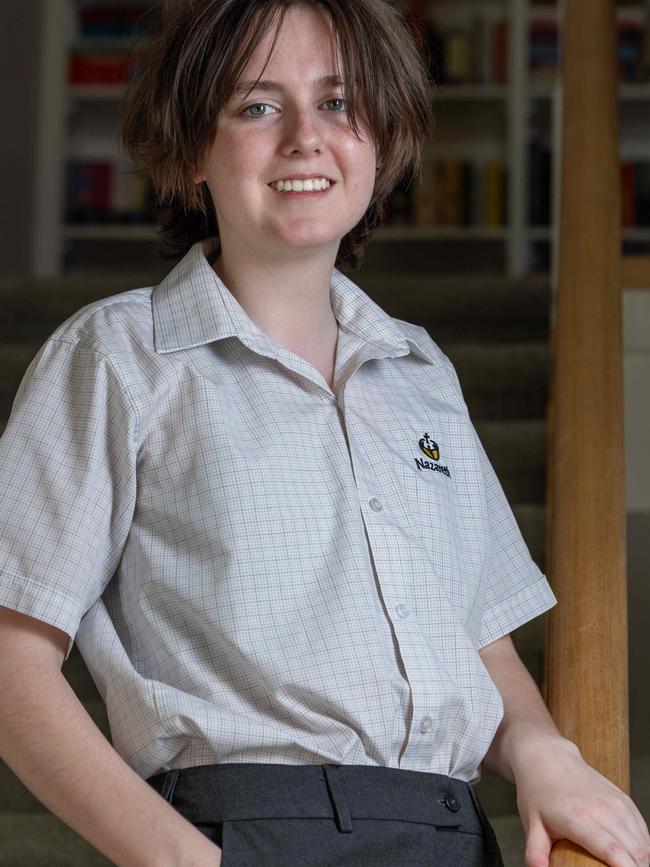
Toby McEvoy, 15
Nazareth Catholic College, year 10
Toby advocates for more surgeons to perform top surgery on transgender adults as there are just two people in South Australia who perform the procedure.
“I hopefully will be able to make some sort of change whether it be training more people to do the surgeries or having more clinics with options within range of most people,” they say.
“That kind of surgery changes people’s lives for the better because it makes them feel like themselves.”
Ollie Lind, 16
Investigator College, year 11
Ollie is worried South Australia is falling behind with ageing infrastructure.
The Victor Harbor teen says the town’s “already under stress, roads and businesses are not going to be able to cope with the large increase in population and transport”.
“Our state is quite far behind in the rest of the nation’s transport systems” he says.
“We used to be pioneers in railway in this state and now we don’t even have a rail service from the city to the airport.”
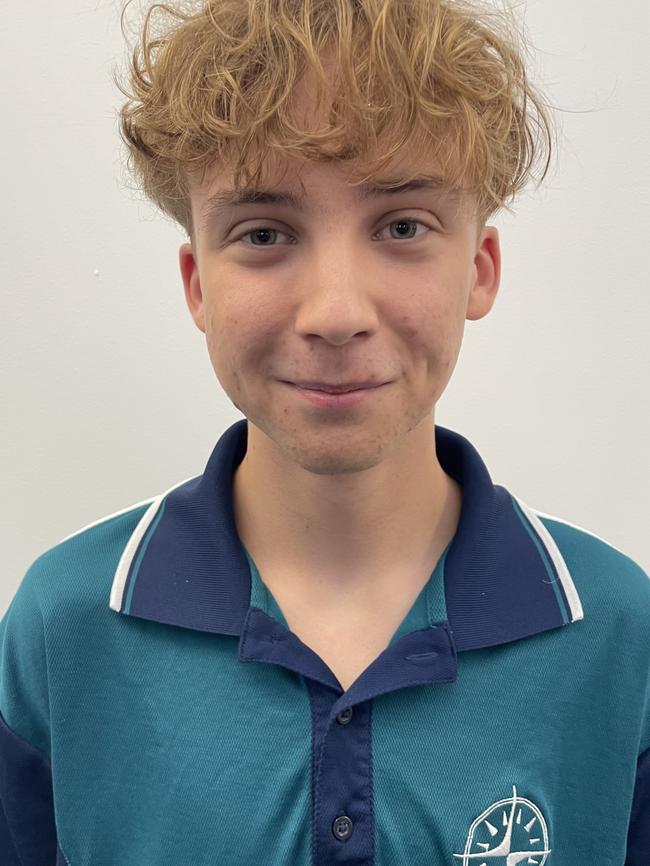
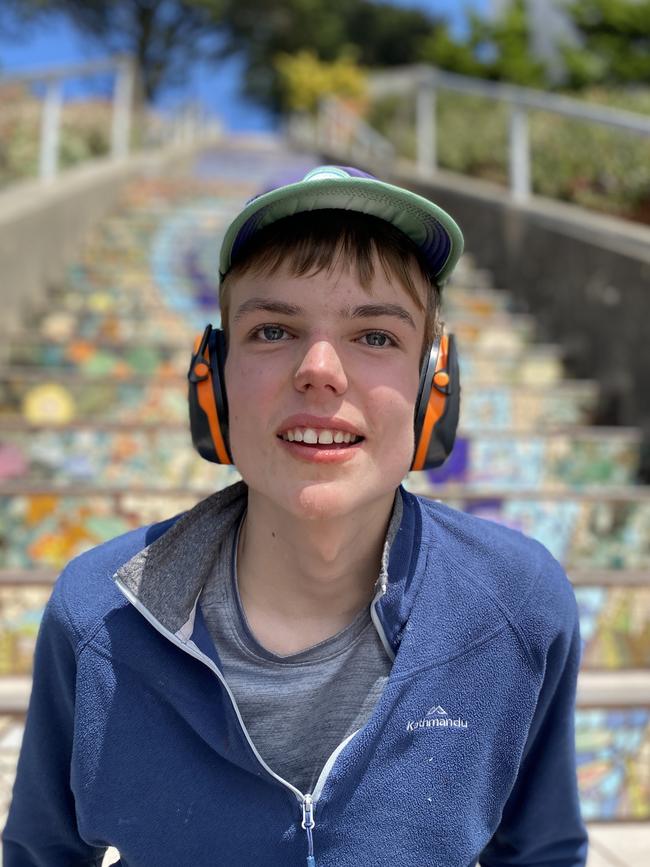
Patrick Saunders, 15
Home School (SA Department of Education), year 10
Patrick wants better outcomes for children with autism.
The student who has autism recalled a time when he was “treated intellectually different” because he is non-speaking.
The teenager proposed the creation of an academy of excellence guided by people with autism.
“When people started to believe in me, my life changed,” Patrick says.
“When people started using strategies that supported me as a whole person, used my interests and neuro-affirming language, the world became more accessible.”
Patrick, who is homeschooled, communicates by using a letter board to spell sentences.
“I learned to communicate at home, not school,” he says.
Kelis Jackson-Martin, 17
Tjindu Foundation, year 11
There is a gap between secondary and tertiary education that needs to be bridged for Indigenous people, Kelis says.
Rural and regional students need support to allow them to participate in higher education after high school finishes.
It would lead to higher rates of higher education attainment for Indigenous students.
“Bridging scholarships would mean that students can stay located in the city over the period between school and tertiary opportunities,” the teen says.
Scholarships would allow students to “maintain work, social connections and city life”.
“When they are forced to return back home to country life, it becomes more difficult to return back to the city again.”
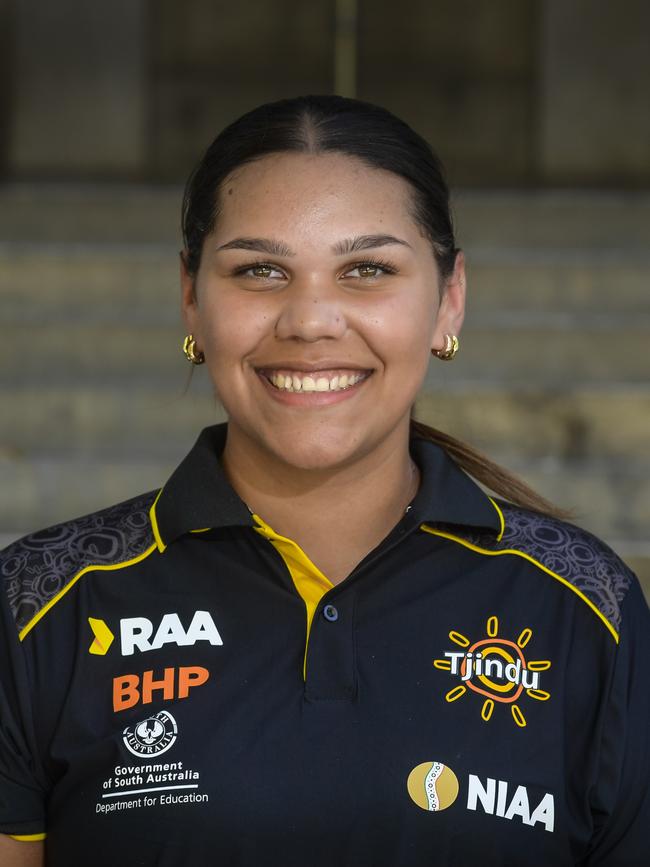
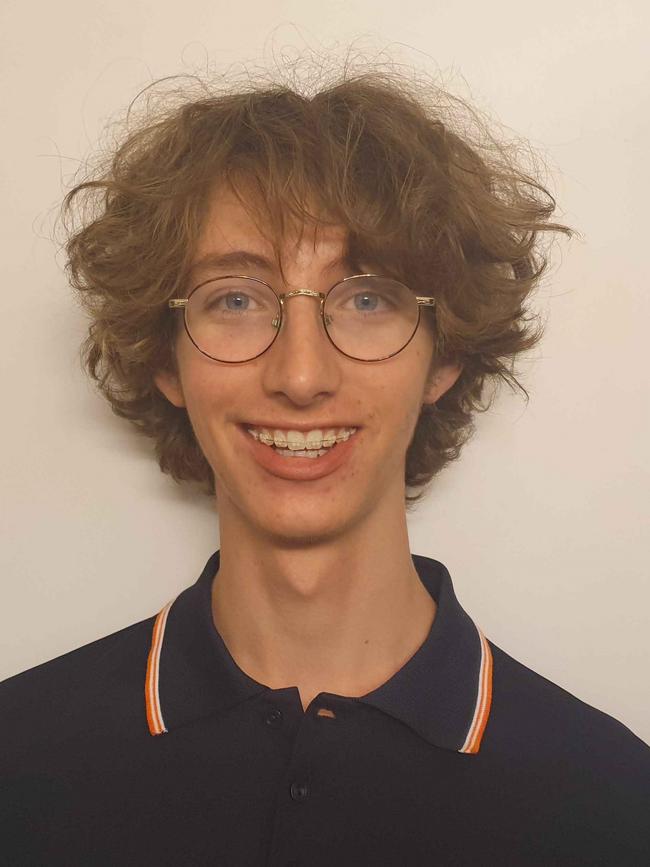
Benjamen Garrett, 17
Seaton High School, year 12
Benjamen argues the South Australian government should lower or cover the cost of fees related to education at public schools.
“I understand perspectives of many who struggle financially and paying bills often took priority over benefiting my education,” the 17-year-old says.
“This is not something I want to see continued across SA homes.”
He believes the government should go further than the school-card system or the materials and services rebate.
“Education in South Australia should be free and equal opportunity provided to all,” Benjamen says.
The teen believes his plan would lead to better educational outcomes for young people.
Chandulee Jayawardena, 16
The Heights School, year 11
Driving a car is a skill that should be taught in schools, Chandulee says.
The teen proposes the creation of a driving program in partnership with accredited driving institutions and South Australian schools.
Students currently suffer due to high cost of lessons, the absence of a committed parent to give experience and limited access to quality driving instructors.
Driving circuits would be built adjoining multiple schools according to her plan.
“For young people, obtaining a driver’s licence is almost a rite of passage into adulthood, offering independence and opening up employment and study opportunities,” Chandulee says.
“It will foster a culture of peers working towards the same goal which will promote confidence in young drivers,” she says.
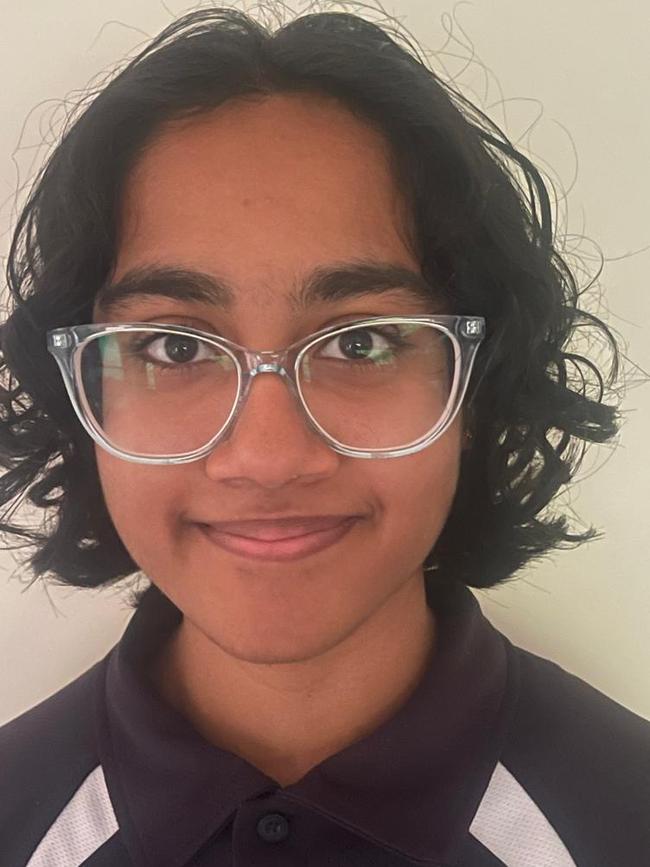
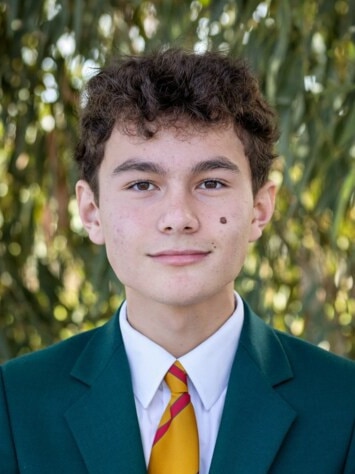
Nathan Alberton, 15
St Columba College, year 10
The South Australian government should set up a state-owned bank, Nathan says.
“Government has a duty to invest in South Australian business for long-term economic growth,” the 15-year-old says.
The bank would serve “as a tool to inject capital into the state economy independent of political decision makers”.
It would have “a low volatility pool and a more volatile pool” of capital to make investments.
“This will move money through the state, allowing for a strong state economy,” Nathan says.
It would be set up as an independent body with a chief executive and members who would be accountable to the premier and treasurer.
Lucy Sampson, 15
Aberfoyle Park High School, year 10
Lucy proposes a ban on the purchase and consumption of energy drinks for children under 18.
“Children as young as 10 are consuming these highly caffeinated and sugary drinks, some as frequently as daily,” the teen says.
She referenced issues such as heart palpitations associated with excessive consumption of energy drinks.
Students are prone to using energy drinks during long period of study.
“South Australia will further the strengthening of young people’s wellbeing and acknowledge and support students engaging in healthy study habits, giving students the best chance for success,” Lucy says.
It is “a crucial way” to protect the state’s youth, she argues.
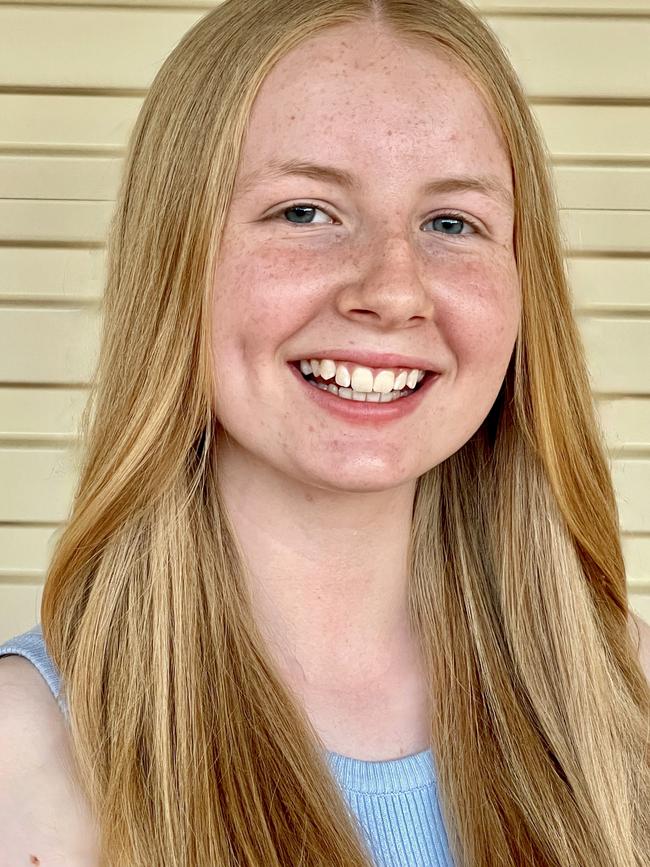
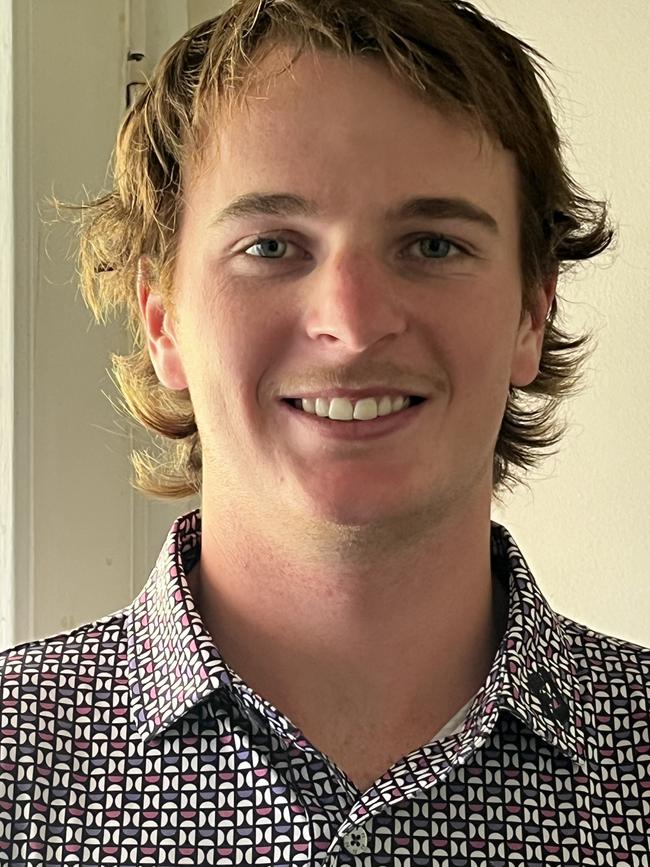
Kyle Feltus, 17
Streaky Bay Area School, year 12
South Australia must embrace “the prosperity of nuclear power”, Kyle says.
Beyond providing a reliable source of energy, nuclear projects in the state would provide “thousands of jobs in engineering, construction and research”.
“Relying on renewables is a way to inconsistent energy, while also taking up useful farmland for massive windmills,” the teen says.
“SA already exports uranium, why not unleash its full potential by processing fuel or even leading in safe waste management?”
Kyle argues Australia “is being left behind” by economically advanced countries using nuclear power.
“SA has an opportunity to be at the forefront,” he says.
Dhroovi Shah, 16
Modbury North High School, year 11
South Australia must focus on economic diversification through innovation and sustainability, Dhroovi says.
The teen wants to develop a “resilient economy that thrives in the face of global changes”.
“A key pillar for the future of South Australia’s economy is the expansion of green industries,” she says.
“This will reduce carbon emissions, contribute to global climate goals and create high-quality, long-term jobs in clean energy sectors.”
The government should also encourage start-ups and tech companies to make the state “a leader in industries such as artificial intelligence, biotechnology and space exploration”.
“By fostering innovation and supporting small businesses, these strategies will create a dynamic, job-rich economy, improving standards and economic stability for all,” Dhroovi says.
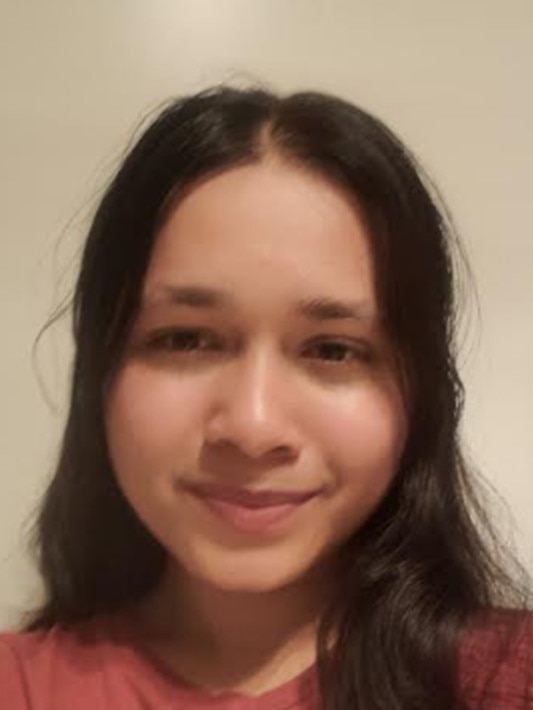
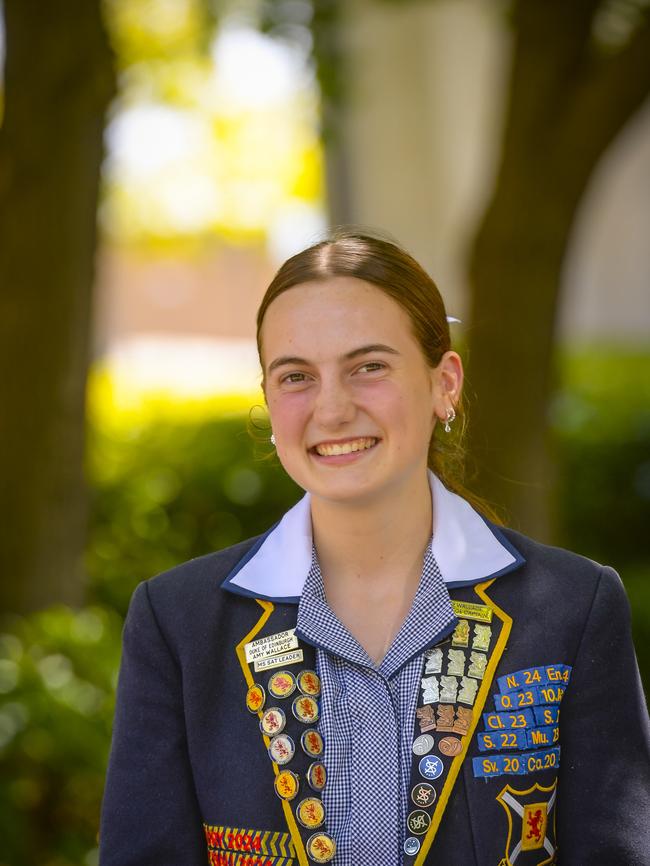
Amy Wallace, 17
Scotch College, year 12
All South Australian schools should be united in embracing artificial intelligence in the classroom, Amy says.
The technology is transforming education, but schools lack a unified approach, the Scotch College year 12 student said.
During Amy’s research for a book she recently started co-writing, she discovered there is a “stark divide” between schools which outright ban AI and those which embrace it.
Part of Amy’s solution to embracing AI is to create a body consisting of stakeholders from both the public and private education sectors which will launch events and forums.
Using chatbots and text-to-video programs, Amy said her learning has become “more effective and efficient”.
Zoe Adams, 16
Hamilton Secondary College, year 11
Zoe wants a safer future for young people.
The year 11 student at Hamilton Secondary College wants more comprehensive consent education in South Australian schools.
Zoe, from Eden Hills, said much of consent education “assumes it (assault) only happens to adults and that it will be someone you don’t know (perpetrating)”.
“I want more teachers to implement thorough education on consent and people think kids are exempt from the rules,” she said.
“Not simple ‘no means no’, but signs of peer pressure or being forced into something you don’t want to do.”
Children who are poorly educated are not only at risk of “becoming victims but also unintentionally harming others due to ignorance”.
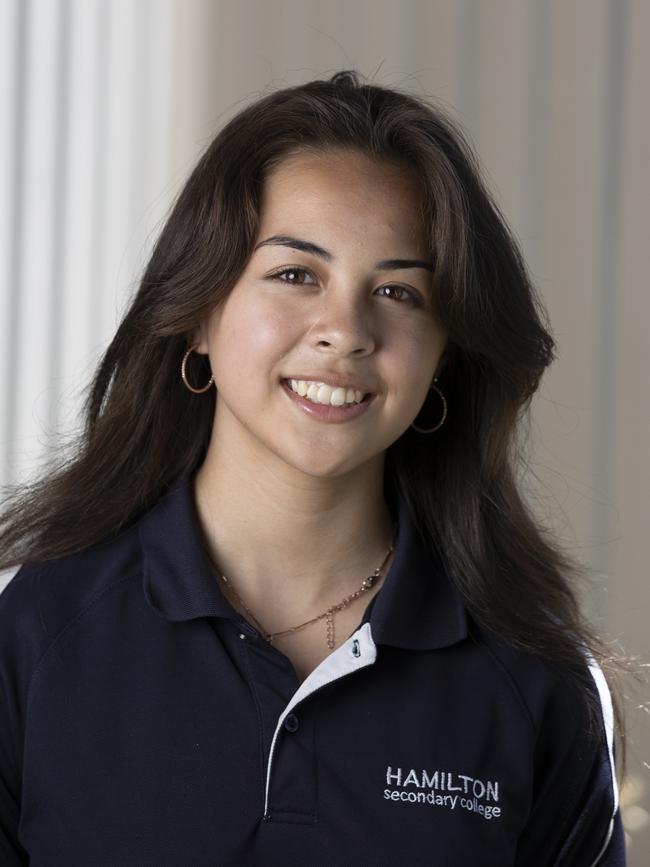
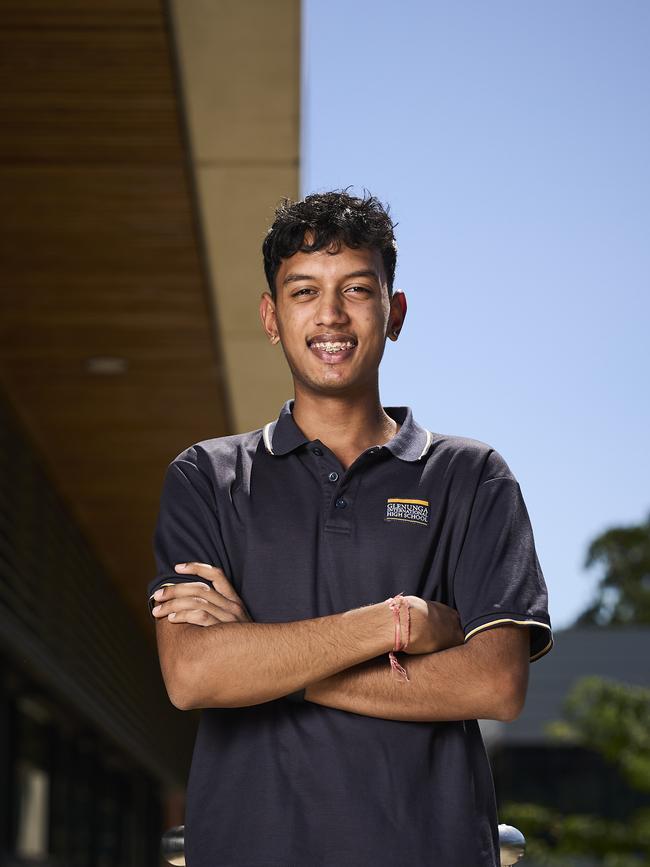
Jairaj Shekhawat, 16
Glenunga International High School, year 11
A family trip to India inspired year 11 student Jairaj to think about a solution to South Australia’s housing crisis.
The 16-year-old Glenunga International High School student says the way to provide more housing and additional affordable options is to build upwards.
“I look at the news and see housing shortages and in the (recent) holidays I went to India and they have a lot of these high-rise apartment buildings,” Jairaj, from Glenunga, said.
“The population is really high so they need to fit a lot of people on the land.
“I thought why don’t we have apartments if we have a housing shortage?”
During his trips to India, Jairaj experiences high-rise apartment living first-hand as he stays with his relatives.
Ella Rogers, 17
Cardijn College, year 12
Ella says she believes she is held back by a lack of support as she lives with undiagnosed autism and can’t get an assessment.
She wants the government to subsidise the cost of diagnosis.
Ella, from Seaford Heights, was diagnosed with ADHD a year ago through a public psychiatrist.
“It’s hard to stay focused and on task (in class),” the 17-year-old said.
But Ella had trouble being assessed for autism. “It baffled me when I was told that I’d be assessed for ADHD but I had to go to somewhere else for autism,” she said.
The cost to be assessed for autism is about $2000, she said – a fee her single mother would struggle to afford.
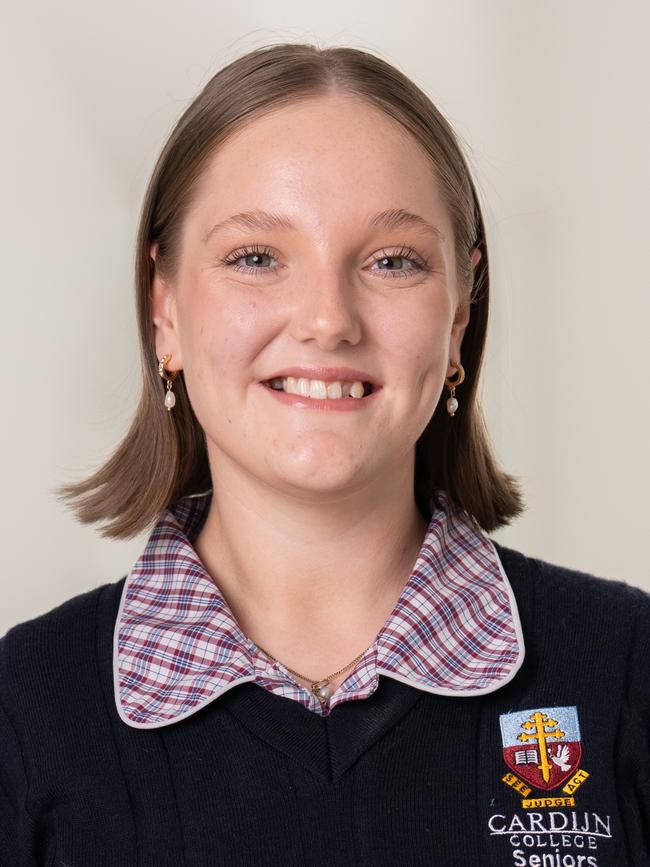
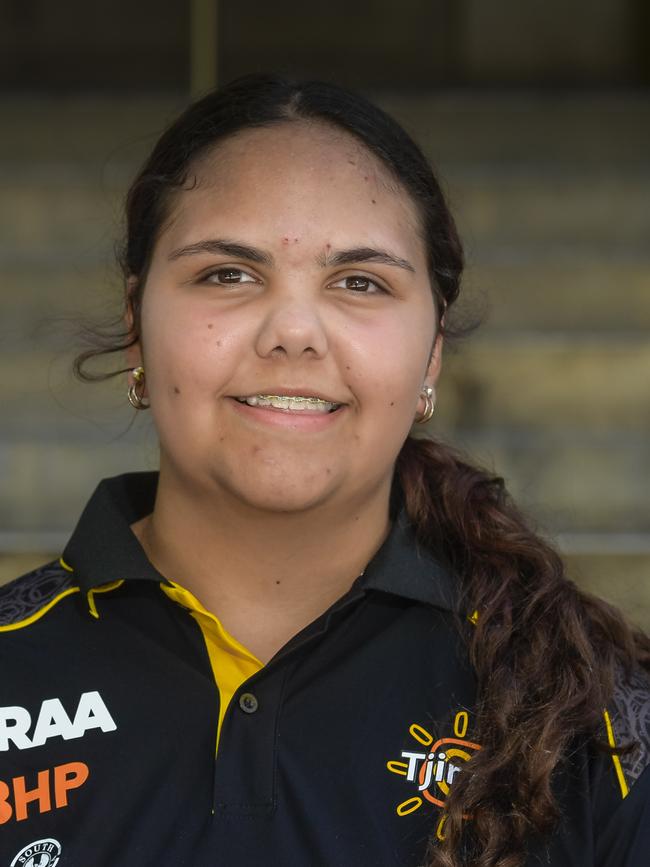
Indianna Probert, 15
Tjindu Foundation, year 10
Indianna believes bright students are falling through the cracks without adequate support.
The teen wants to increase the number of scholarships available to students to reach their full potential and make sure the bright ideas of the youth are fully realised.
“With the rising cost of living, many South Australian families want better educational opportunities for their children but simply cannot afford them,” Indianna, 15, said.
“Investing in scholarships ensures that talented, motivated students regardless of their financial background can access the education they need to thrive and contribute meaningfully to society.”
She said the move would “bridge the gap between public and private schooling”.
Tali Pipe, 16
Tjindu Foundation, year 11
Young Indigenous people need more opportunities to exposed to their culture, student Tali Pipe says.
“The young people in country towns can find it very hard to be exposed to opportunities,” said the teen from Freeling.
“The ones that do may not be able to partake in these opportunities because many of them are located in urban areas.”
Tali, in year 11, said that young people “have lots of knowledge that could be used in their schools and communities to better everyone”.
The teen himself is an avid painter who creates intricate dot artworks which depict Indigenous country.
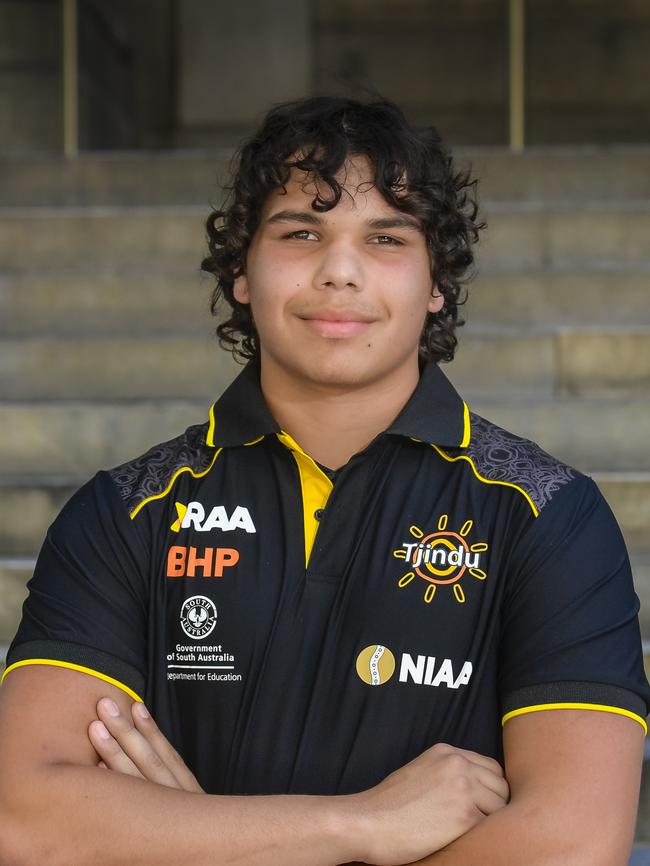
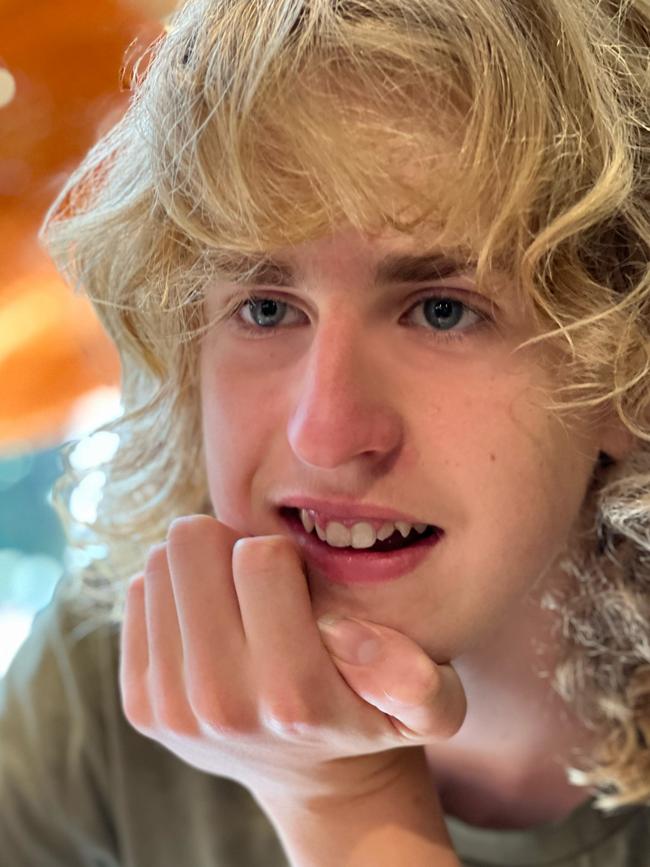
Willem Koehne, 17
Pulteney Grammar School, year 12
South Australia should position itself as a global hub for creativity, Willem says.
The creative industries are in the state’s DNA and contributes massively to SA’s economy but “their value extends beyond tourism”.
“They shape social connection, mental health and innovation,” the teen says.
“Our creative industries are not just a cultural asset but a driving force for economic growth and social connection.”
The state should position itself as not just surviving, but thriving, he says.
More Coverage
Originally published as Teen Parliament 2025 tackle the big issues in SA at Parliament House




